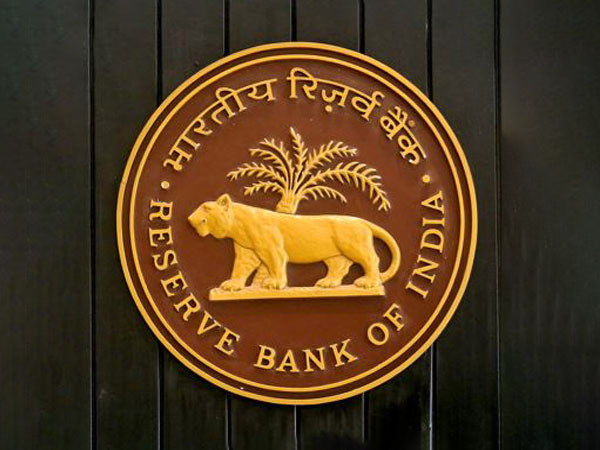RBI Eliminates Pre-Payment Charges on Personal Loans
The Reserve Bank of India has announced that borrowers will no longer face pre-payment charges on personal loans, starting January 2026. This directive applies to all banks and NBFCs, ensuring greater borrower flexibility and standardizing loan practices.

- Country:
- India
In a significant policy shift, the Reserve Bank of India (RBI) has declared that pre-payment charges on personal loans are to be abolished by January 2026. The new guidelines state that banks and other lenders cannot impose these fees on loans taken for non-business purposes, encouraging a competitive lending landscape.
The decision, unveiled on Wednesday, targets loans sanctioned or renewed after the start of 2026. It encompasses all banks except payment banks, cooperative banks, and Non-Banking Financial Companies (NBFCs). This regulation applies to all individuals, regardless of whether the loan involves a co-obligant, on floating rate loans used for personal needs.
The RBI's directive seeks to standardize practices and reduce inconsistencies across financial institutions, empowering borrowers through enhanced flexibility in repaying loans. The central bank also clarified that any existing pre-payment charges not covered under the new rule must be transparently disclosed in loan agreements.
Under this framework, no pre-payment fees can be charged if a lender initiates the loan repayment, ensuring fair practices in all borrower-lender interactions. This initiative effectively consolidates several previous regulations into a singular, comprehensive directive, aimed at reducing customer grievances.
These guidelines come as RBI utilizes its authority under several sections of the Banking Regulation Act and other relevant legislations. The significant reform emphasizes transparency in loan terms, with all potential charges to be clearly outlined in loan sanction letters, agreements, and Key Facts Statements, if applicable.
The RBI emphasizes that no retrospective charges can be imposed, reflecting its commitment to improving borrower rights and simplifying financial processes. This move not only enhances transparency but also fosters a more borrower-friendly environment within the Indian financial system.
(With inputs from agencies.)
ALSO READ
India's Health Revolution: PM Modi and Dr. Charu Sadana Advocate for Transparency in Food Labels
House Republicans Push for Epstein File Transparency Amid Trump Administration Conflicts
Trump Calls for Transparency in Epstein Case Testimonies
Epstein Case Sparks Transparency Tug-of-War in House GOP
The Epstein Files: A Political Tug-of-War for Transparency










